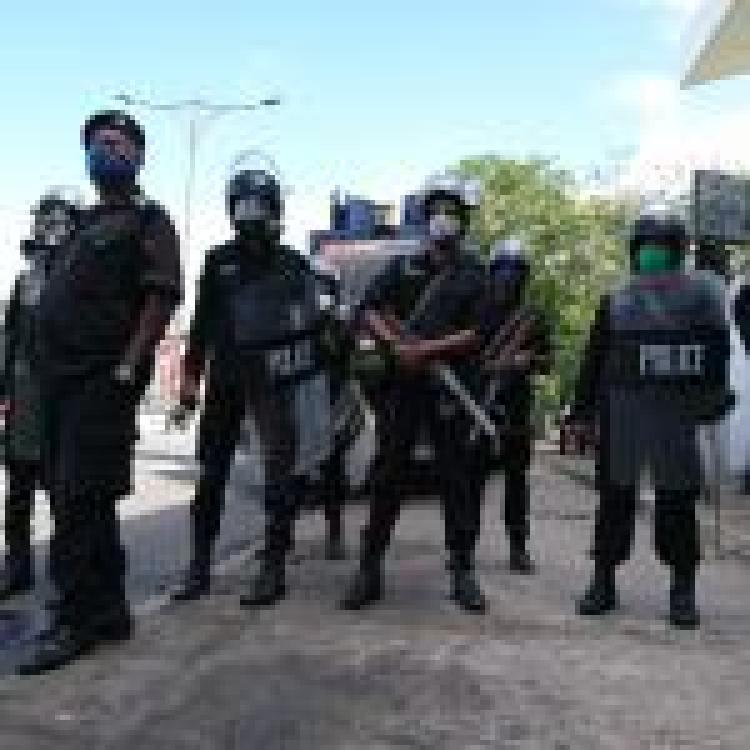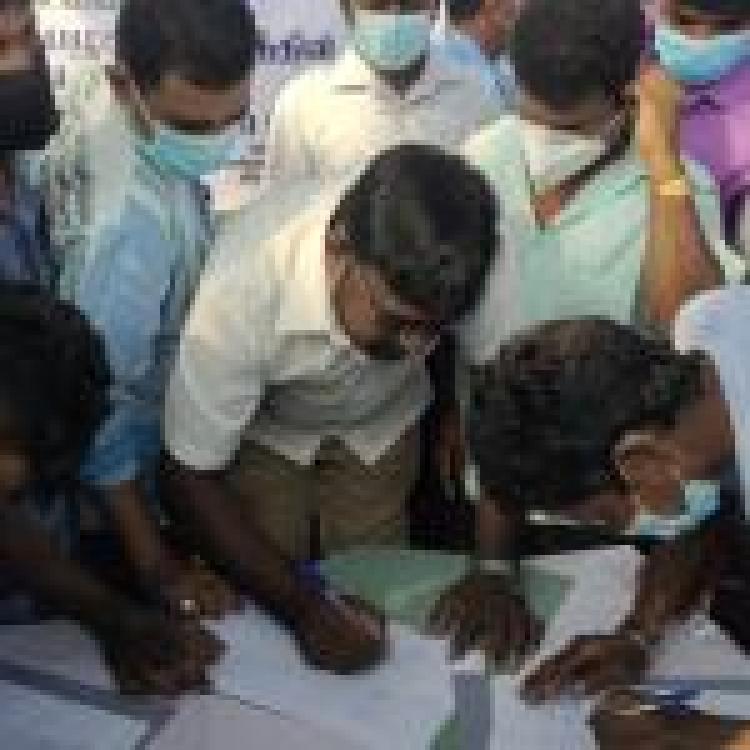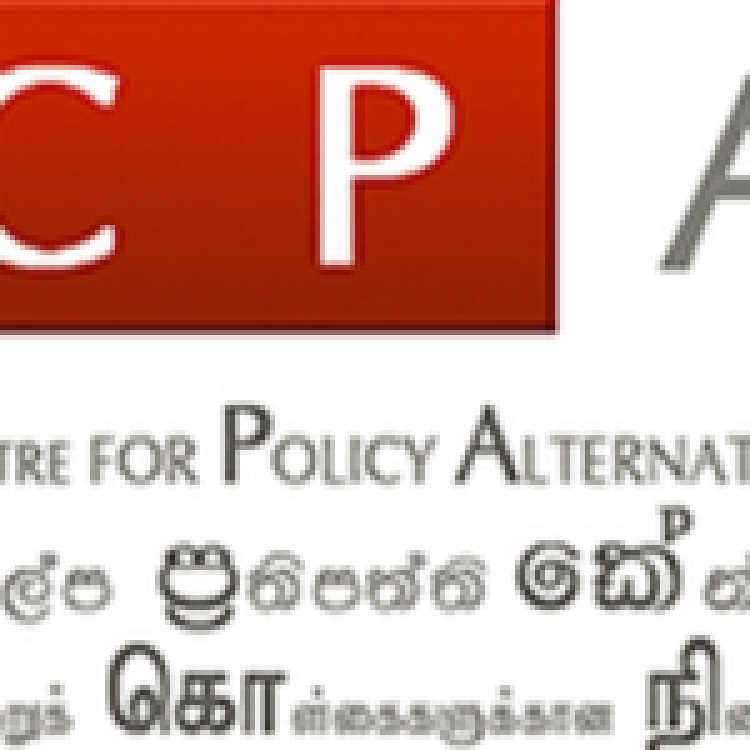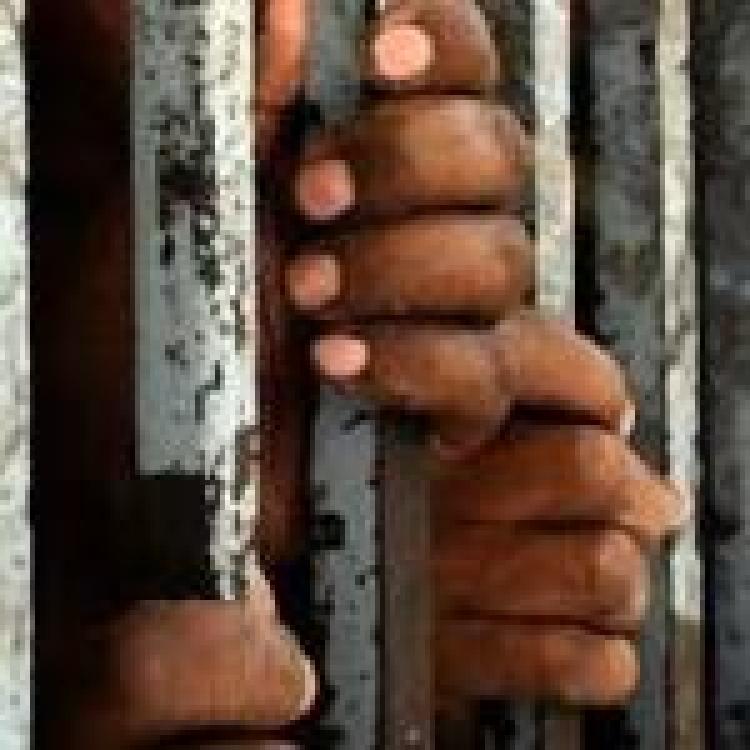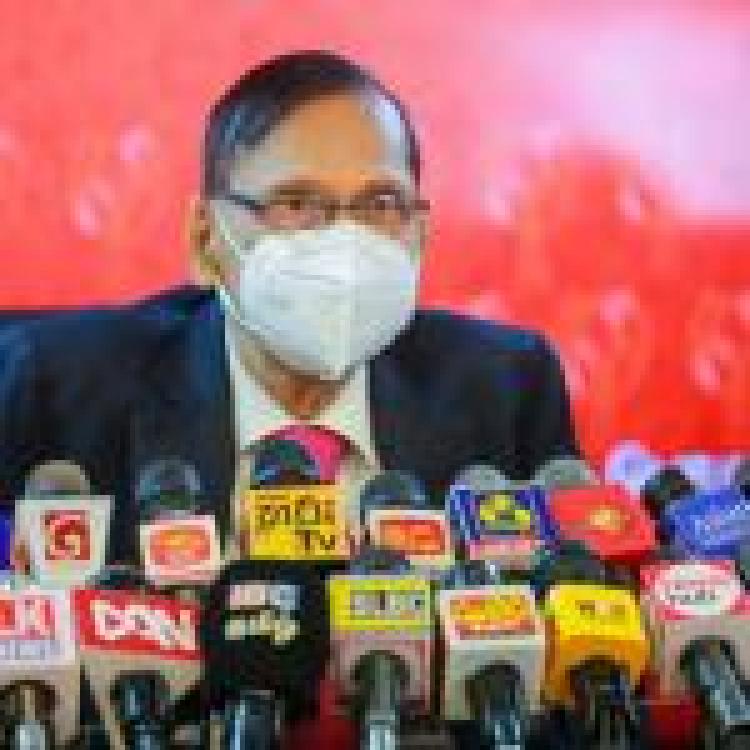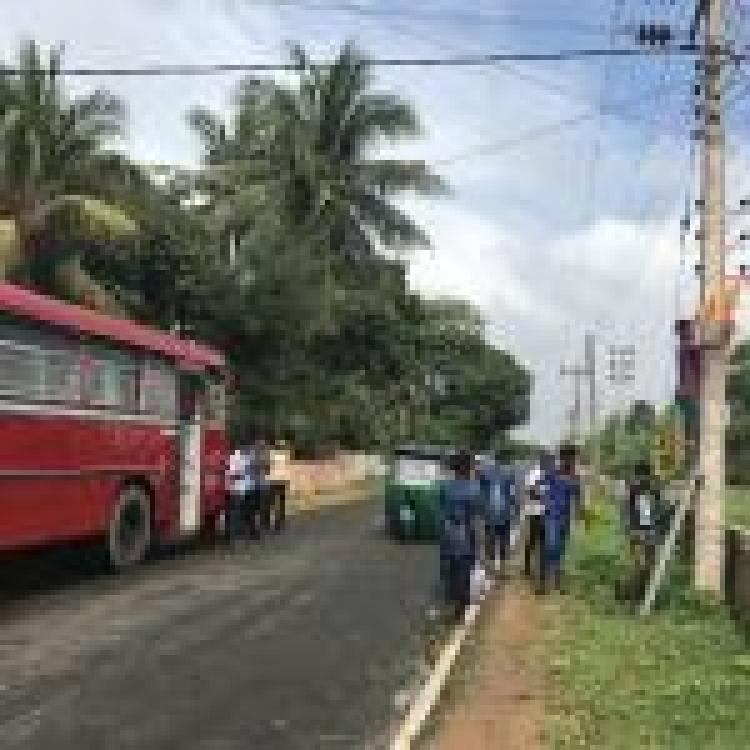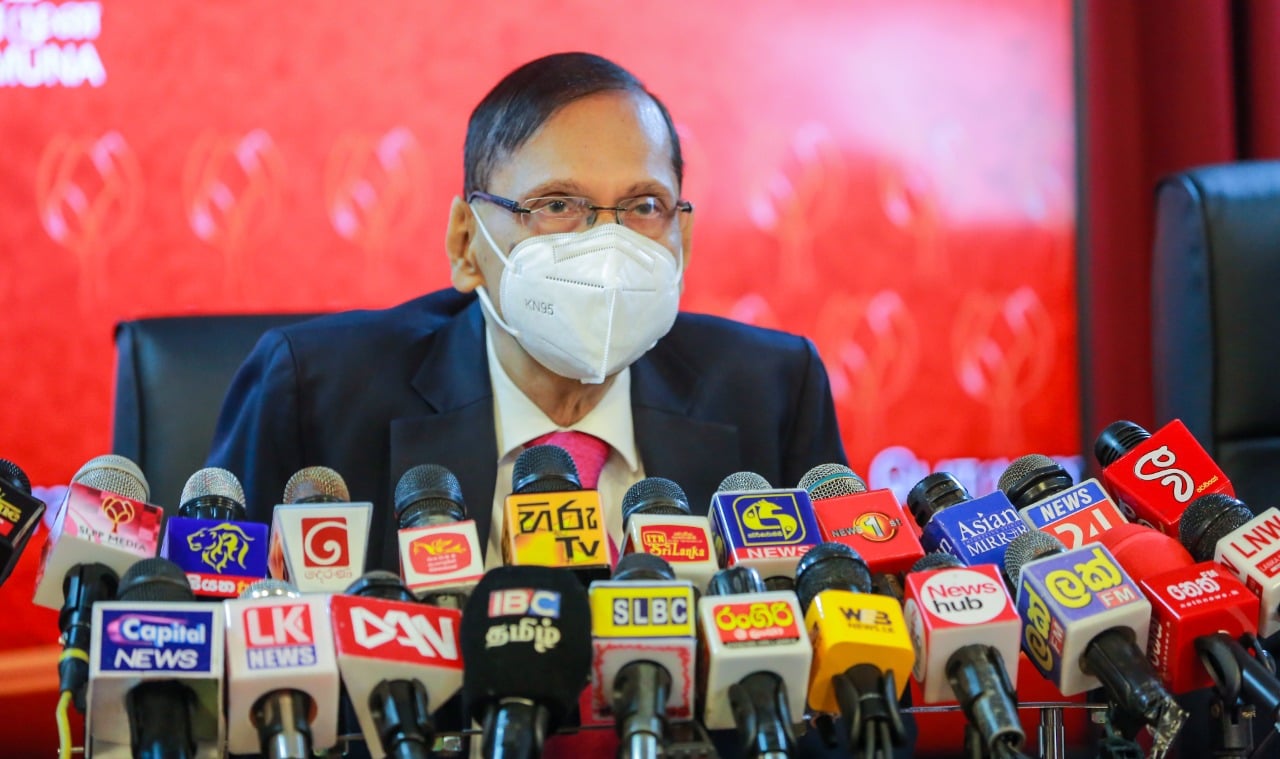
Sri Lanka’s Foreign Ministry has described its gazetted reforms to the country’s draconian Prevention of Terrorism Act as the “most progressive step” towards “securing, advancing and protecting […] fundamental rights guaranteed under the Constitution” but human rights experts sharply disagree.
“Proposed government changes to the PTA appear aimed to assuage the concerns of the EU and other governments, without ending abuses,” said Meenakshi Ganguly, South Asia director at Human Rights Watch.
The global human rights organisation published a 59-page report slamming Sri Lanka’s use of the PTA and calling upon international trading partners to consider imposing targeted sanctions on officials accused of rights abuses and to leverage trading schemes in order to pressure Colombo to comply with human rights obligations. Their statement follows a number of different human rights organisations including the International Commission of Jurists, Amnesty International, and the Centre for Policy Alternatives issuing similar statements decrying the proposed reforms.
“The proposed amendment to the PTA appears to be more a token effort to address international pressure rather than a genuine and effective exercise to address ground realities and the abuses and violations brought about by the PTA” the CPA notes.
The Sri Lankan government has been quick to clamp down on critics within Sri Lanka including former human rights commissioner, Ambika Satkunanathan. In response to her submission to the EU parliament, Sri Lanka’s Foreign Ministry chided her work as “reminiscent of LTTE propaganda” causing uproar across civil society organisations with multiple European diplomats and organisations stressing that “civil society’s critical engagement on PTA reforms and human rights issues should be welcomed rather than met with hostility”.
.@EU_in_Sri_Lanka Welcomes the recent releases on bail of those detained under the Prevention of Terrorism Act (PTA). Civil society’s Critical engagement on PTA reforms and human rights issues should be welcomed rather than met with hostility.
— EU in Sri Lanka (@EU_in_Sri_Lanka) February 7, 2022
Welcome recent releases on bail of those detained under Prevention of Terrorism Act (PTA). Critical engagement on PTA reforms & other human rights issues from civil society should be welcomed and not met with hostility.
— Tanja Gonggrijp (@tanjagonggrijp) February 7, 2022
Being free to express your views & opinions = civic space!
Welcome the recent releases on bail of those detained under PTA. Critical engagement on PTA reforms and other human rights issues from civil society should be welcomed and not met with hostility. Leave critics in peace, please!
— Ambassador Holger Seubert (@GermanAmbColo) February 7, 2022
Read Satkunanathan response to Sri Lanka’s Foreign Ministry here.
In the Foreign Ministry’s statement, they claim that proposed reforms would reduce the period of detention; enable magistrates to visit places of detention and investigate allegations of torture; recognises judicial reviews of the PTA; enable attorneys to have access to those detained and for those detained to communicate with their relatives; repeal provisions regarding prohibitions of publications; and expedite disposal of cases and grant bail to those detained under the legislation.
Yet as Satkunanthan highlights "nearly all human rights deficient provisions in the PTA remain untouched”. Furthermore, “the supposedly new remedies provided, such as filing a fundamental rights petition challenging detention and informing the Human Rights Commission of Sri Lanka (HRCSL) of the arrest, already exist and are not new".
A key example is the new provision which enables magistrates to visit places of detention.
"Prima facie this appears positive. The reality, however, is different. The provision states that if the Magistrate thinks the person may have been subject to torture the magistrate 'may' refer the person to a Judicial Medical Officer (JMO). Hence, it is not mandatory for the magistrate to refer a person suspected of being tortured to the JMO," Satkunanathan notes.
Satkunanathan also highlights that the provision does not make it mandatory for the Magistrate to refer the subject to the Inspector General of Police (IGP) even if the JMO confirms that the individual has been subjected to torture.
"Nor does the proposed amendment require the tortured person to be transferred to another place of detention or provide safeguards to ensure the person will not be tortured again," she added.
Read more here: 'PTA reform: A farce in multiple acts'
The Sri Lankan government further alleged that in the past efforts to amend the PTA failed as they were met with strong opposition by “Trade Unions and Civil Society Organisations”.
Read the Sri Lankan Foreign Ministry's statement here.

